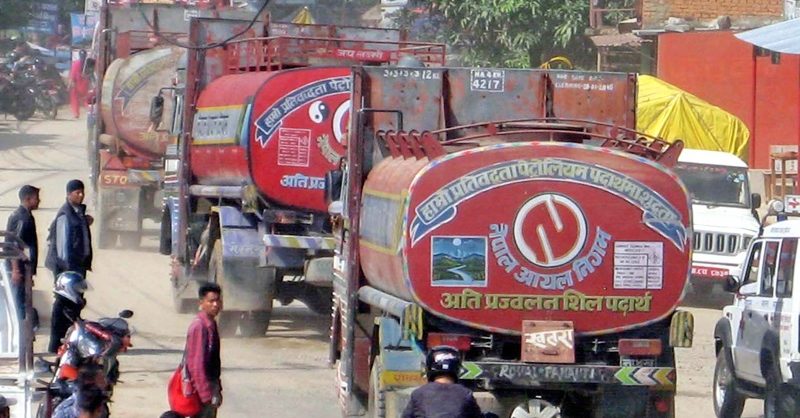Dang. The Rapti rural municipality of Dang has started producing tiles from waste at a time when the challenge of waste management is increasing across the country. Tile production has been started in collaboration with the local government and the private sector as per the rural municipality’s policy of stamping waste.
Rapti Rural Municipality-2, Punyapur has started the production of tiles, interlocks and other materials from plastic waste. As per the rural municipality’s policy of stamping waste, tiles, interlocks, bricks and other materials have been produced from waste in collaboration with the local government and the private sector.
Lal Bahadur Chaudhary, supervisor of Eco Family Pvt. Ltd., said that rapti rural municipality and Eco Family Private Limited, Hetauda have started managing the waste and producing tiles, interlocks and other materials from the waste.
According to Supervisor Chaudhary, tiles, interlocks and stitches have been produced from plastic including noodles, biscuits, bhola, gutka, which are dumped as waste, but tiles have been produced in the first phase.
The price of the tiles produced has been fixed at Rs 35. However, arrangements have been made to provide 20 percent discount to the citizens of the rural municipality.
Rapti Rural Municipality, which is also the capital of Lumbini Province, has formulated a long-term plan for waste management as the challenge of waste management has increased, said Kamalapati Chaudhary, vice-chairperson of the rural municipality.
As per the agreement signed in August 2019, the rural municipality will collect the waste and transport it to the resource center and the rest of the waste is being classified to produce plastic materials and organic manure.
Chaudhary said the rural municipality has already invested more than Rs 22 million for the production of plastic materials from waste under the campaign to build a clean and green municipality.
Two houses have been constructed for land fencing and resource centre with this amount. It has been agreed that the company will sell the waste not used here in scrap and the rural municipality will collect export tax from it.
Rapti Rural Municipality, which has nine wards, collects eight tractors of garbage every day. A total of 18 people have been employed to work from garbage collection to classification. Of them, eight have been kept on behalf of the company and 10 on behalf of the rural municipality.






























प्रतिक्रिया दिनुहोस्